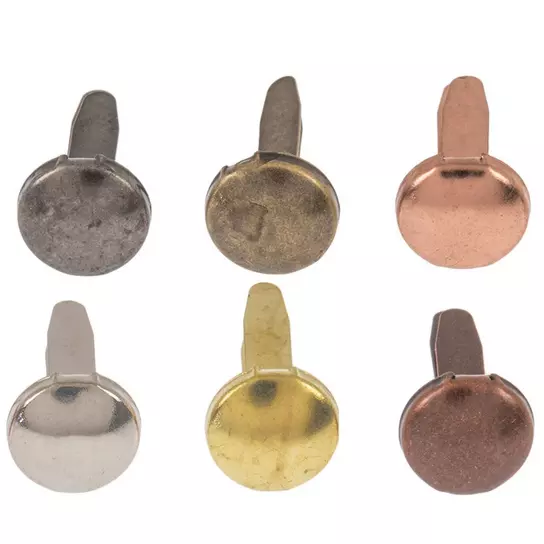UNSW on X: Eventually, the telomere is too short – the cell stops dividing and either destroys itself or becomes inactive. As we age, many of our cells reach this stage, so
By A Mystery Man Writer
Last updated 18 Jun 2024
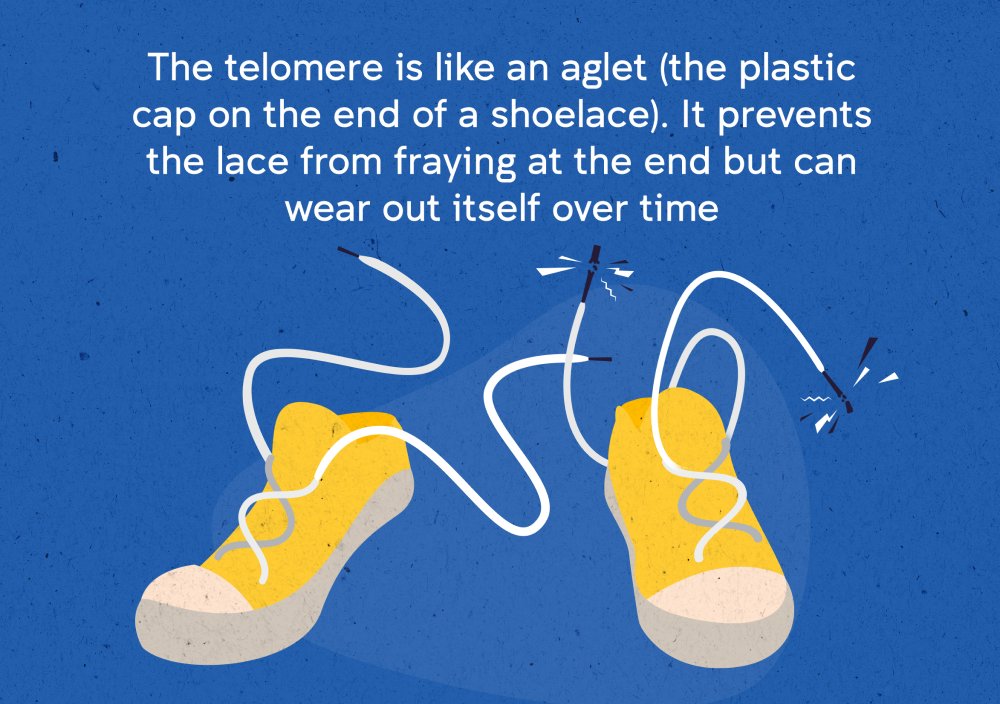

Link Between Long Telomeres and Long Life Is a Tall Tale, Study Finds - The New York Times
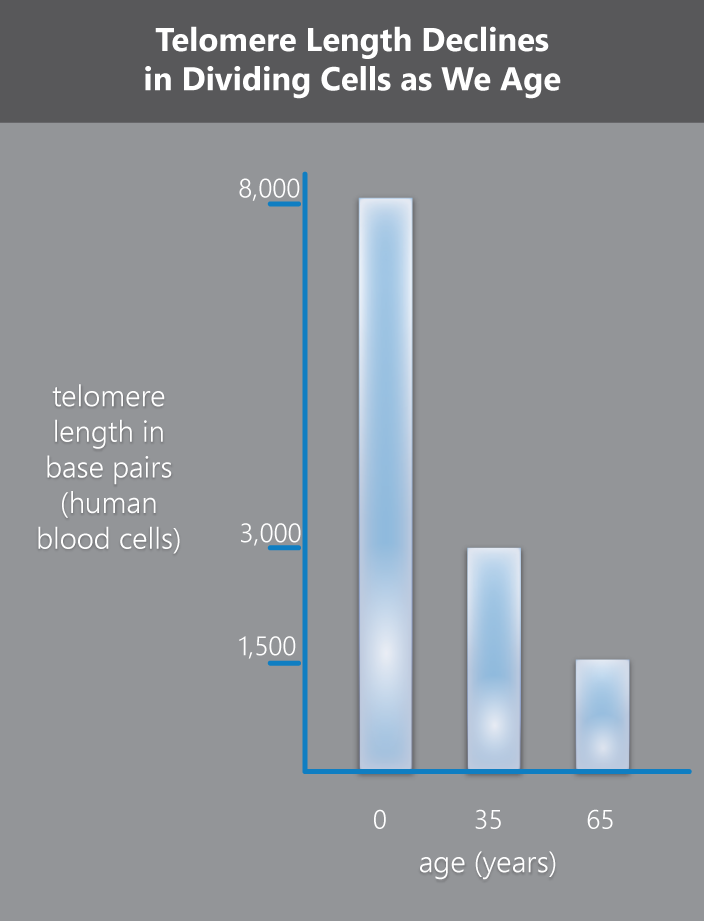
Are Telomeres the Key to Aging and Cancer

UNSW on X: Eventually, the telomere is too short – the cell stops dividing and either destroys itself or becomes inactive. As we age, many of our cells reach this stage, so
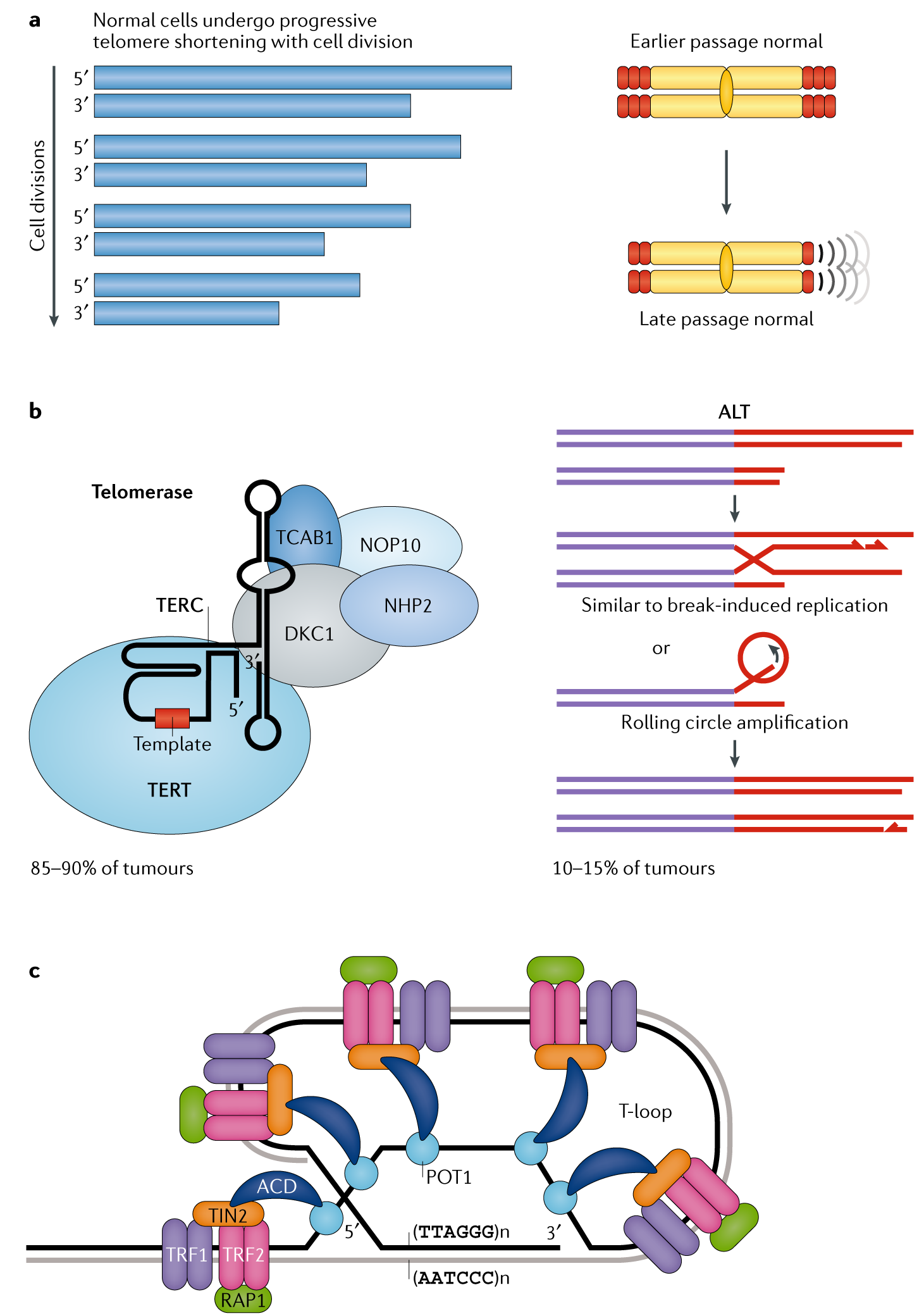
Telomeres and telomerase: three decades of progress

Fact 13: The Hayflick Limit & Cellular Aging — Ben Willenbring

Telomeres (not finished) Flashcards

Solved In the cells of some organisms, mitosis occurs
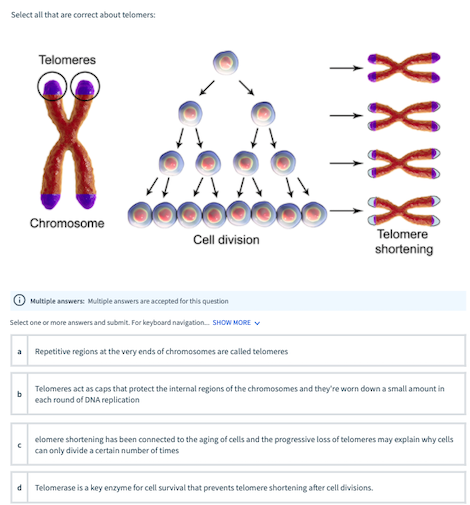
Solved Select all that are correct about belomers: Telomeres

Telomere length is inherited with resetting of the telomere set-point

Extensive Proliferation of Human Cancer Cells with Ever-Shorter Telomeres - ScienceDirect

Telomere Power: How to Live Longer and Healthier · Frontiers for Young Minds

Solved 1. Telomere shortening puts a limit on the number of
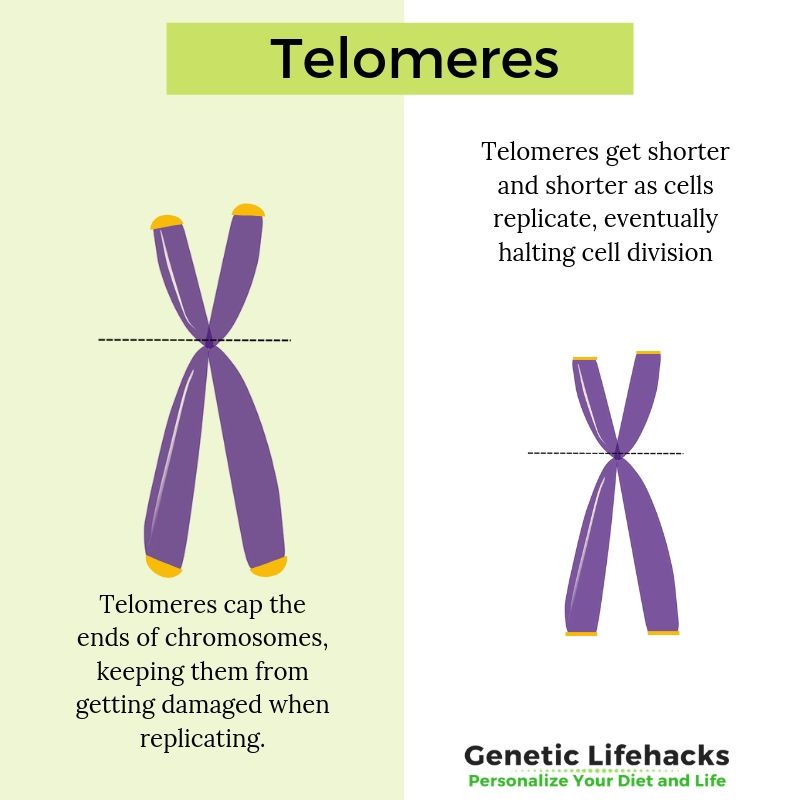
Telomere Length and Aging: Genetic Connection
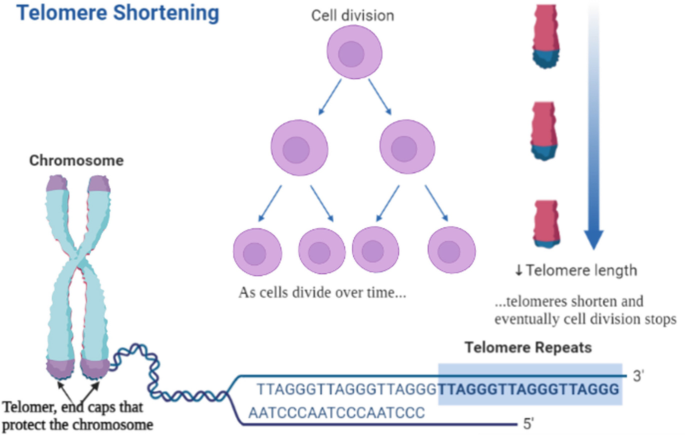
Telomerase and its Inhibitor in Cancer Therapeutics: Current Status and Future Prospective
Recommended for you
-
 Metal Aglets Shoelace Tips 4 Colors Aglets for Shoelaces 32 Sets Shoelace End Caps Screws Aglets Lace Thread Tips Shoe String Aglet Tips Head for Sneakers Hoodies Bungee Cords Laces18 Jun 2024
Metal Aglets Shoelace Tips 4 Colors Aglets for Shoelaces 32 Sets Shoelace End Caps Screws Aglets Lace Thread Tips Shoe String Aglet Tips Head for Sneakers Hoodies Bungee Cords Laces18 Jun 2024 -
 22mm Shoe Lace End Tips Metal Cord Ends Caps Leather Bullets Tube Clasps Ribbon Stopper Aglets for Shoelace Replacement Hoodie Clothing 12pcs18 Jun 2024
22mm Shoe Lace End Tips Metal Cord Ends Caps Leather Bullets Tube Clasps Ribbon Stopper Aglets for Shoelace Replacement Hoodie Clothing 12pcs18 Jun 2024 -
 100 Pack Zipper Pull Cord Ends Shoe Lace End Tips, Elastic Shoelace Cord Lock Clips Shoe String Caps for Boot Sneakers Fastener No Tie Laces Lock18 Jun 2024
100 Pack Zipper Pull Cord Ends Shoe Lace End Tips, Elastic Shoelace Cord Lock Clips Shoe String Caps for Boot Sneakers Fastener No Tie Laces Lock18 Jun 2024 -
 10 Pack Elastic Shoe Lace End Clips, Paracord Bungee Shoe String Ends Caps, No Tie Shoelace Locks for Sneakers Boot, Assorted Plastic Zipper Pull Cord18 Jun 2024
10 Pack Elastic Shoe Lace End Clips, Paracord Bungee Shoe String Ends Caps, No Tie Shoelace Locks for Sneakers Boot, Assorted Plastic Zipper Pull Cord18 Jun 2024 -
 PH PandaHall 30 Sets No Tie Shoelaces Tieless Shoelace Locks Buckle Brass Lock Shoelace End Caps Metal Connector Turnbuckle Shoe Lace Tips Replacement End for Athletic Running Sneakers Casual Shoes - Yahoo Shopping18 Jun 2024
PH PandaHall 30 Sets No Tie Shoelaces Tieless Shoelace Locks Buckle Brass Lock Shoelace End Caps Metal Connector Turnbuckle Shoe Lace Tips Replacement End for Athletic Running Sneakers Casual Shoes - Yahoo Shopping18 Jun 2024 -
 32 Sets Shoelace End Tips 4 Color Alloy Shoelace Replacement Drawstring String Ends Shoelace Head Cords End Metal Aglets Hoodie String Ends Column End18 Jun 2024
32 Sets Shoelace End Tips 4 Color Alloy Shoelace Replacement Drawstring String Ends Shoelace Head Cords End Metal Aglets Hoodie String Ends Column End18 Jun 2024 -
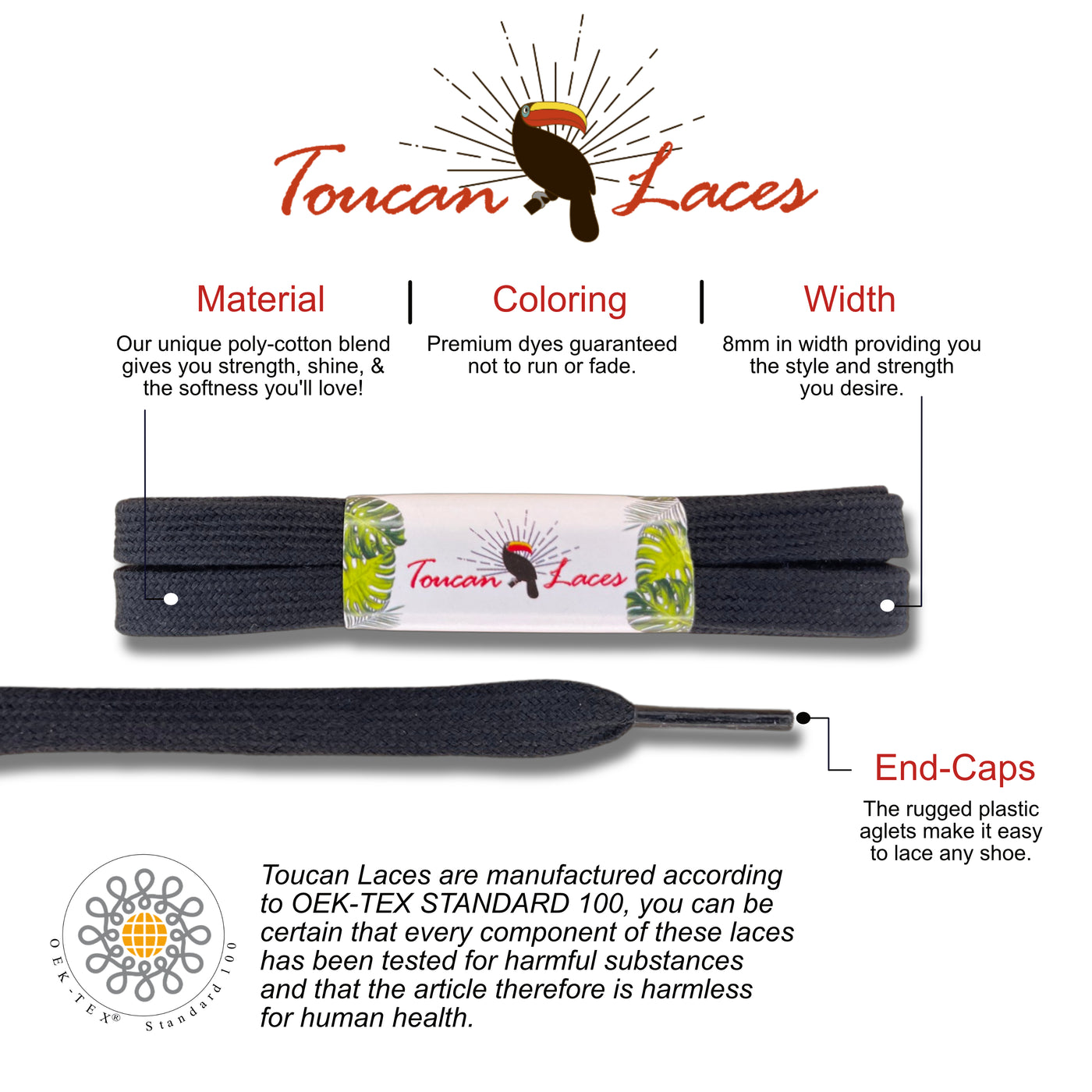 White Shoe Laces | Black Shoe Laces & Grey Shoe Laces for Sneakers Shoe Strings18 Jun 2024
White Shoe Laces | Black Shoe Laces & Grey Shoe Laces for Sneakers Shoe Strings18 Jun 2024 -
 12 Pack Elastic Shoe Lace End Clips, Paracord Bungee Shoe String Ends Caps, No Tie Shoelace Locks for Sneakers Boot,Plastic Zipper Pull Cord End Tips Replacement Neongreen : Arts, Crafts18 Jun 2024
12 Pack Elastic Shoe Lace End Clips, Paracord Bungee Shoe String Ends Caps, No Tie Shoelace Locks for Sneakers Boot,Plastic Zipper Pull Cord End Tips Replacement Neongreen : Arts, Crafts18 Jun 2024 -
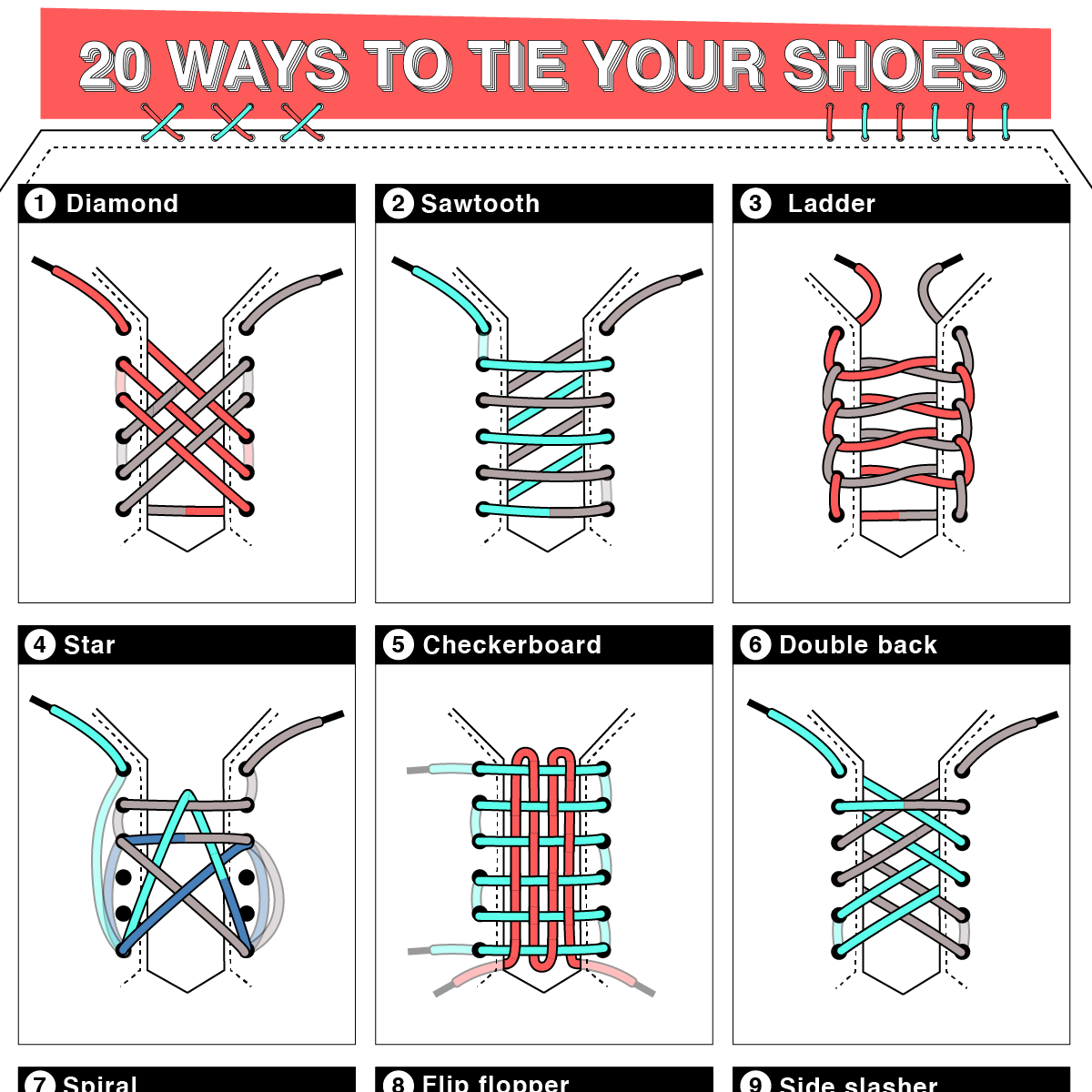 20 Creative Ways to Tie Shoes18 Jun 2024
20 Creative Ways to Tie Shoes18 Jun 2024 -
 50 Pcs Shoe Lace End Caps DIY Shoelace Buckle Metal Tips Trousers18 Jun 2024
50 Pcs Shoe Lace End Caps DIY Shoelace Buckle Metal Tips Trousers18 Jun 2024
You may also like
-
 12 Pack: Sketchbook by Artist's Loft, 4 inch x 4 inch, Size: 4 x 4, Blue18 Jun 2024
12 Pack: Sketchbook by Artist's Loft, 4 inch x 4 inch, Size: 4 x 4, Blue18 Jun 2024 -
 Angelus Quart Leather Dye for Shoes-boots-belts-coats-furniture-crafts - Israel18 Jun 2024
Angelus Quart Leather Dye for Shoes-boots-belts-coats-furniture-crafts - Israel18 Jun 2024 -
Round Brads18 Jun 2024
-
 Red Heart Soft Yarn (3-Pack) Really Red E728-9925 : Arts, Crafts & Sewing18 Jun 2024
Red Heart Soft Yarn (3-Pack) Really Red E728-9925 : Arts, Crafts & Sewing18 Jun 2024 -
 China Computerized Sweater Knitting Machine Suppliers, Manufacturers, Factory - Customized Computerized Sweater Knitting Machine Wholesale - TAIFENG18 Jun 2024
China Computerized Sweater Knitting Machine Suppliers, Manufacturers, Factory - Customized Computerized Sweater Knitting Machine Wholesale - TAIFENG18 Jun 2024 -
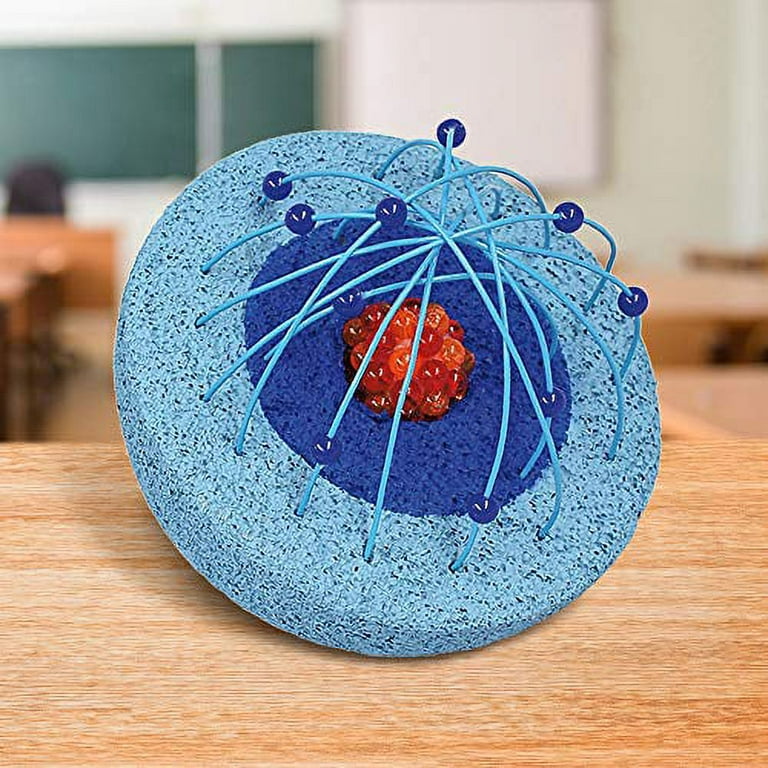 Floracraft Styrofoam Half Ball 10 White18 Jun 2024
Floracraft Styrofoam Half Ball 10 White18 Jun 2024 -
 Shop SUNNYCLUE 1 Box DIY 36PCS Charm Bracelet Making Kit Colorful Beads Silver Plated Snake Chain Jewelry Making Kit for Teens Adults Gift for Jewelry Making - PandaHall Selected18 Jun 2024
Shop SUNNYCLUE 1 Box DIY 36PCS Charm Bracelet Making Kit Colorful Beads Silver Plated Snake Chain Jewelry Making Kit for Teens Adults Gift for Jewelry Making - PandaHall Selected18 Jun 2024 -
 Heavy Cardstock18 Jun 2024
Heavy Cardstock18 Jun 2024 -
 How to Make Your Own Book (with Pictures) - wikiHow18 Jun 2024
How to Make Your Own Book (with Pictures) - wikiHow18 Jun 2024 -
 Aerosol 400ml Water Based Spray Paint - China Spray Paint, Aerosol Spray Paint18 Jun 2024
Aerosol 400ml Water Based Spray Paint - China Spray Paint, Aerosol Spray Paint18 Jun 2024
